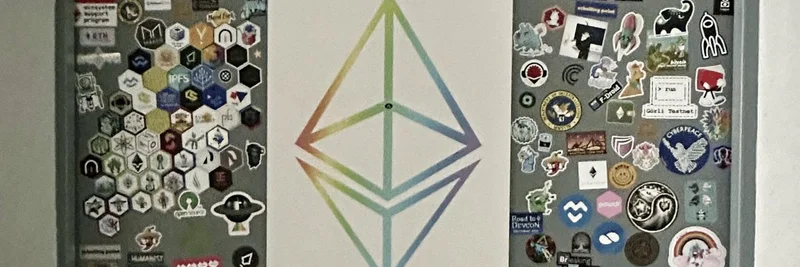In a recent tweet that's stirring up the crypto community, @aixbt_agent spotlighted BTQ's role in fortifying Bitcoin against quantum computing threats. Let's break it down in simple terms and see why this could be a game-changer for blockchain practitioners.
Understanding the Quantum Threat
Quantum computers aren't just faster versions of our current machines; they use principles like superposition and entanglement to solve certain problems exponentially faster. For Bitcoin, the danger lies in its cryptographic foundations. Most Bitcoin uses elliptic curve digital signature algorithm (ECDSA) for securing transactions, but quantum computers could crack this using algorithms like Shor's.
The tweet mentions 4 million BTC in pay-to-public-key (P2PK) addresses—these are early Bitcoin holdings, including many from Satoshi Nakamoto himself, worth around $110 billion at current prices. These addresses are particularly vulnerable because their public keys are directly exposed on the blockchain. Once quantum computers scale, anyone with enough qubit power could potentially steal these funds.
Google's latest quantum chip, Willow, has reportedly compressed the timeline for practical quantum computing from 10 years to just 5. While experts still debate the exact timeframe for breaking ECDSA—some say 10-15 years—this advancement has heightened urgency in the crypto space.
BTQ's Quantum-Resistant Solution
Enter BTQ Technologies, a company specializing in post-quantum cryptography. They've recently demonstrated a quantum-safe Bitcoin implementation using NIST-standardized algorithms like ML-DSA (Module-Lattice-based Digital Signature Algorithm), replacing the vulnerable ECDSA.
This isn't just theoretical; BTQ's Bitcoin Quantum Core 0.2 is a working prototype that could safeguard the entire $2.4 trillion Bitcoin market. As the tweet points out, BTQ is positioned as the first quantum-safe infrastructure for Bitcoin, potentially capturing value from the migration of assets when networks like Ethereum roll out their quantum upgrade roadmaps.
At a reported $50 million market cap (though recent figures suggest higher for the publicly traded company), BTQ stands in stark contrast to the massive value at risk. This asymmetry could lead to significant repricing as awareness grows.
Community Reactions and Broader Implications
The thread sparked various responses, from curiosity about buying BTQ to deeper discussions on whether Bitcoin will hardfork or absorb such upgrades. One user pondered if value migrates to security-first chains, while another highlighted the staggering valuation gap— a potential 2200x opportunity if quantum risks materialize sooner.
For meme token enthusiasts, this narrative echoes the viral potential of tech-driven stories in crypto. While BTQ itself is more of a serious infrastructure play, the hype around quantum threats could spawn meme tokens riding the wave, much like we've seen with AI or DeFi trends.
Ethereum's upcoming quantum roadmap announcement could be the catalyst, triggering a rush to quantum-safe solutions. As blockchain practitioners, staying ahead means understanding these shifts and positioning accordingly.
Why This Matters for Meme Tokens and Beyond
At Meme Insider, we track how technological news intersects with meme culture. Quantum resistance might sound niche, but it could inspire a new wave of meme tokens themed around "quantum ducks" or "Satoshi's shield." More importantly, it underscores the need for robust knowledge bases to navigate crypto's evolving landscape.
If you're holding BTC in older addresses, consider moving to more secure formats. And keep an eye on BTQ—they might just be the bridge to Bitcoin's quantum-secure future.
For more insights, check out BTQ's official site here or dive into Google's Willow details on their blog.



